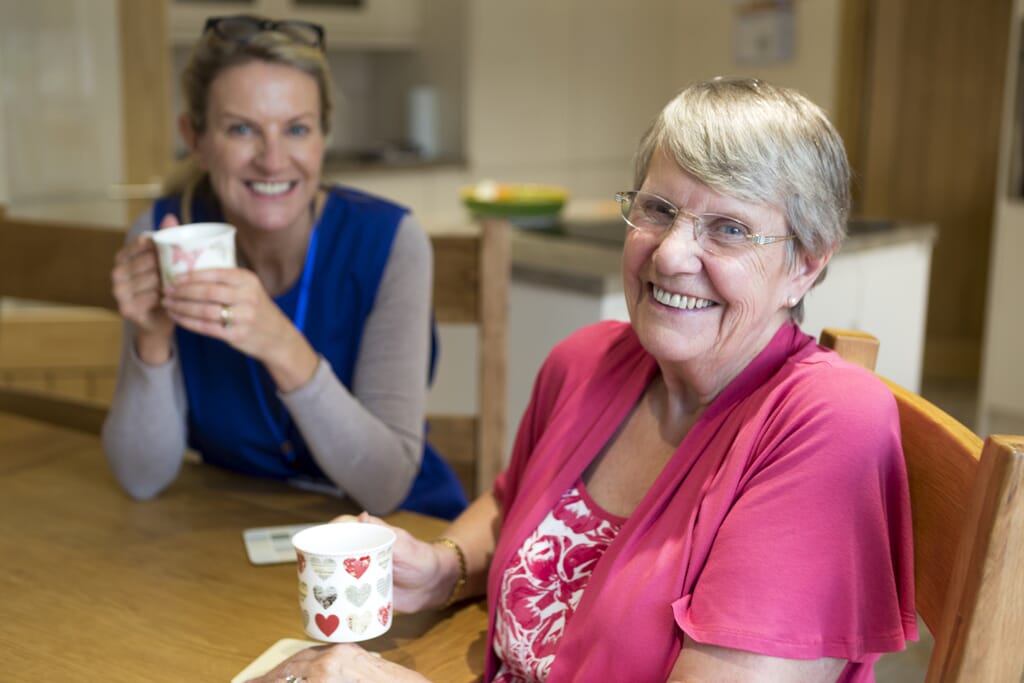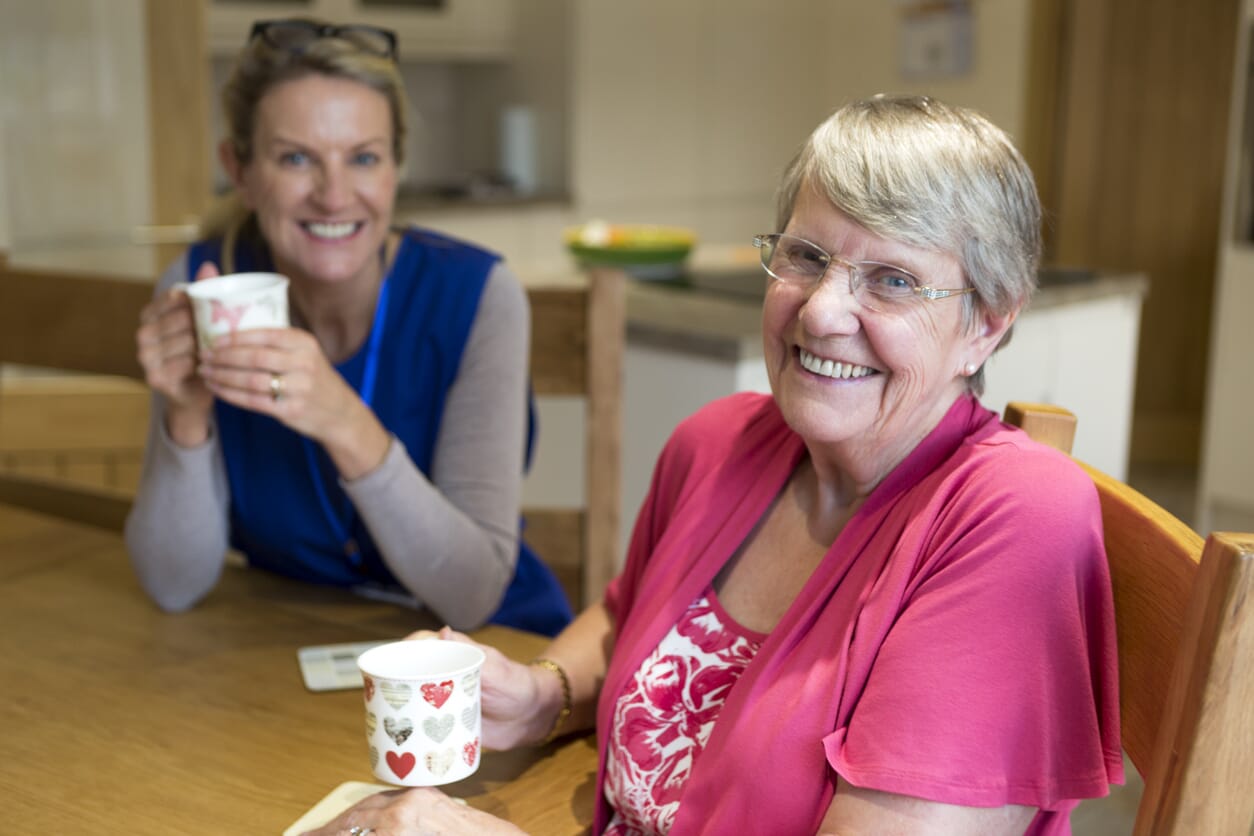Call: 01242 383 773 Or Email us

live-in care
The Importance of Independence in Health and Social Care

When you start looking at health and social care, it can feel like you are giving up some of your independence. But many people who step into the care system find it freeing and allows them to keep their independence for longer.
Why does independence matter?
Independence is important to maintaining a strong sense of purpose. Independence is the ability to make your own choices, and as soon as you feel that choice, it is easy to feel lost or low; keeping independence helps people maintain good mental health.
Using Care to Keep Your Independence
Whether it be live-in carers or residential care, it doesn’t matter the care service you decide to take; having a sense of independence is important. Admitting that you or your loved one may need help can improve their independence, not hinder it.
Not all care is long-term; there are certain cases, such as coming out of the hospital, where short-term care can help with everyday tasks. If you then feel that ongoing care and support may be beneficial, you can look at the longer-term care options that are right for you.
Finding the right care solution for you
Healthcare providers are there to help support people in their everyday lives, and this means providing unique support for each of their clients. There are a number of different types of care which can evolve and change as the client’s needs change.
Live In Care
Live-in care allows you to stay home while having someone move in to provide around-the-clock care. This is a great option for those who may need some medical help or those who wish to stay in their own surroundings.
Live In care is adaptable to your needs and allows you to have the security of care whilst keeping your independence. You can learn more about the benefits of live in care here in our blog.
Companionship Care
Companionship care is a friendly face to help you experience a more enjoyable and fulfilled life.
Companion Carers can help you with those big events and be a friendly support to those who need it. This could be going to a new place, helping you enjoying yourself on holiday or even pop over for a chat. Companion care provides the confidence of support whilst encouraging clients to live more independently and achieve their goals.
Care home
Residential care homes provide around-the-clock care for people who need assistance with daily living activities. They can be a good option for people who can no longer live independently or need help with medical care. There are many different types of residential care homes, each with its own set of services and amenities. Some care homes are designed for people with specific needs, such as Alzheimer’s disease or dementia.
Supported Living
Independent supported living service is for people who do not want to live in residential care but can have difficulties coping at home. You or your loved one might need additional support for many reasons, including learning disabilities, brain trauma, physical disabilities or rehabilitation. Supported living allows tenants to live a full and normal life and includes access to support when and how they need it.
At Safehands Healthcare, we love promoting independence and working with people to find the right care for themselves or their loved ones. To find out more about the services we offer or discover how we promote independence in care, call us on 01242505415 or email us at enquiry@safehandshealthcare.co.uk, and a member of our friendly team will help you with the process.




